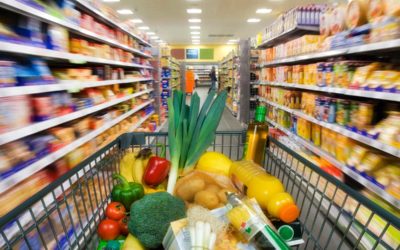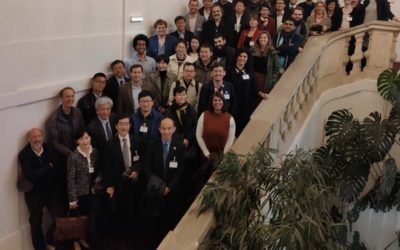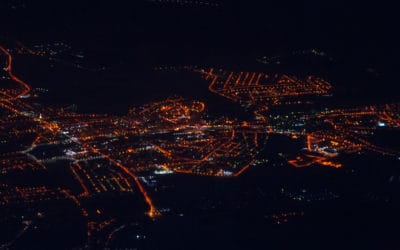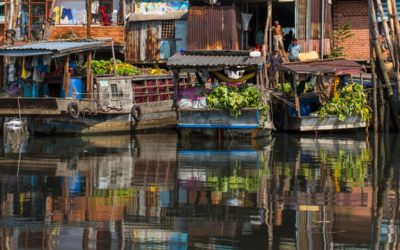Research
The way society uses energy gives rise to major environmental, social, and economic challenges. The Energy Program identifies viable solutions to these challenges, analyzes whether current policies are on track, and employs a systems perspective to examine interactions between different sectors and objectives. A central focus of the research is on energy strategies that help maximize synergies and minimize trade-offs between different societal objectives.
Selected highlights
New targets for improved biodiversity
IIASA researchers proposed a set of indicators that can galvanize global conservation efforts and lead to positive biodiversity outcomes.
Feeding and fueling the world without harming the planet
IIASA researchers used the Global Biosphere Management Model to better understand the large-scale transformations needed in agriculture and food systems to reconcile food security and environmental protection.
Citizen science for sustainable development
Monitoring progress on the UN Sustainable Development Goals requires a huge amount of data and citizen science could help fill important data gaps.
Preserving forests is critical to slowing global warming
An international team analyzed decades of experiments to map the potential of forests to increase their biomass and continue to absorb CO2 in the future.
Supporting demand-side transformations to achieve the SDGs
In 2019, IIASA continued its efforts to create a research community network to deepen the theoretical, empirical, and policy applications of demand-side approaches for the Sustainable Development Goals (SDGs).
Opportunities and challenges for sustainable development
The IIASA-led The World in 2050 initiative launched its second report in 2019. The publication reviewed recent trends in digitalization and identified opportunities the digital revolution presents for the sustainable development agenda, governance issues, and specific leverage points available for policy.
New scenario design for improved climate policy assessments
Current scenarios used to inform climate policy tend to focus on reaching specific climate goals by 2100 – an approach that may encourage risky pathways with long-term negative effects. A novel scenario framework developed by IIASA researchers could help to return global warming to safer levels in the longer term.
Investigating trade-offs between energy and equity
Two fundamental goals of humanity are to eradicate poverty and reduce the effects of climate change. In 2019, IIASA researchers explored the relation between energy demand, development, and climate change in a series of publications.
Inclusive, integrated solutions for the Indus Basin
A new integrated modeling framework developed by IIASA researchers and colleagues working on the Integrated Solutions for Water, Energy, and Land (ISWEL) Project, will help decision makers find science-based pathways to address water resources and connected sustainability challenges in the Indus River basin.
Radical transformation needed for sustainable development
By 2050, we will share our planet with an estimated 9 to 10 billion people. IIASA research formed part of a Global Environment Outlook report that details how societies can meet goals to support a healthy planet and growing population, provided they embrace integrated strategies.










